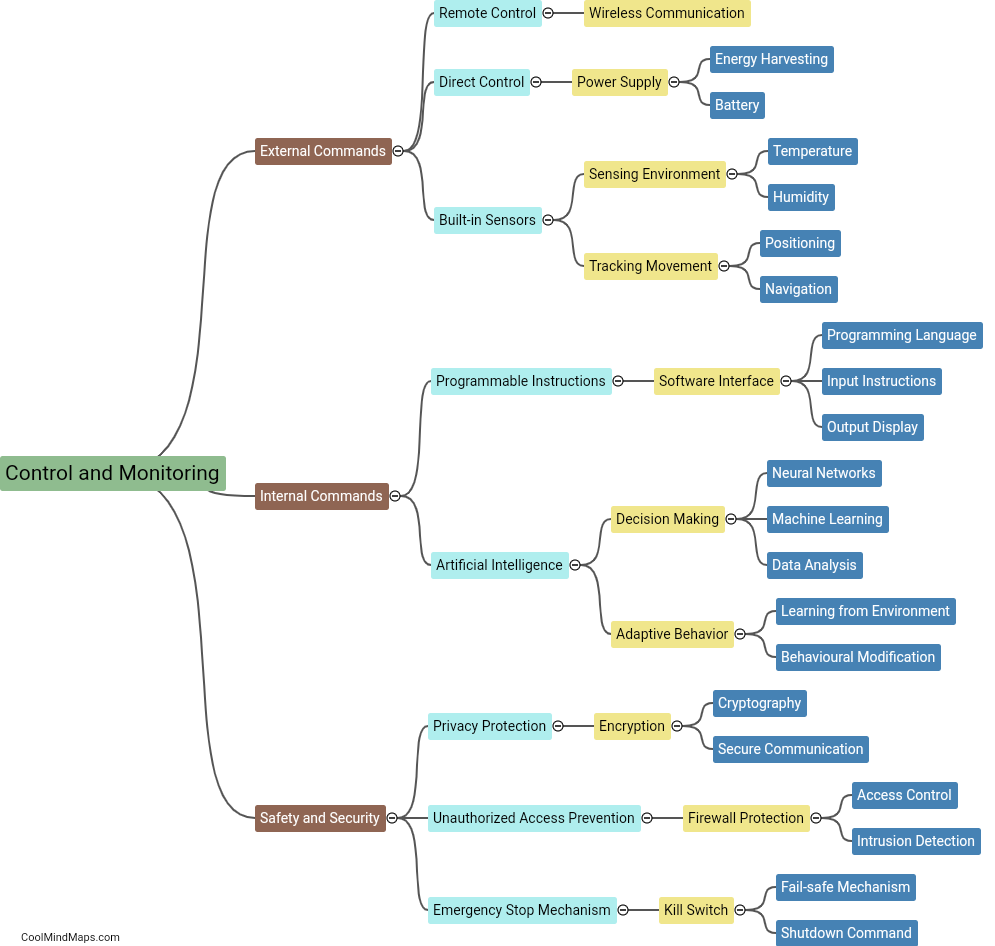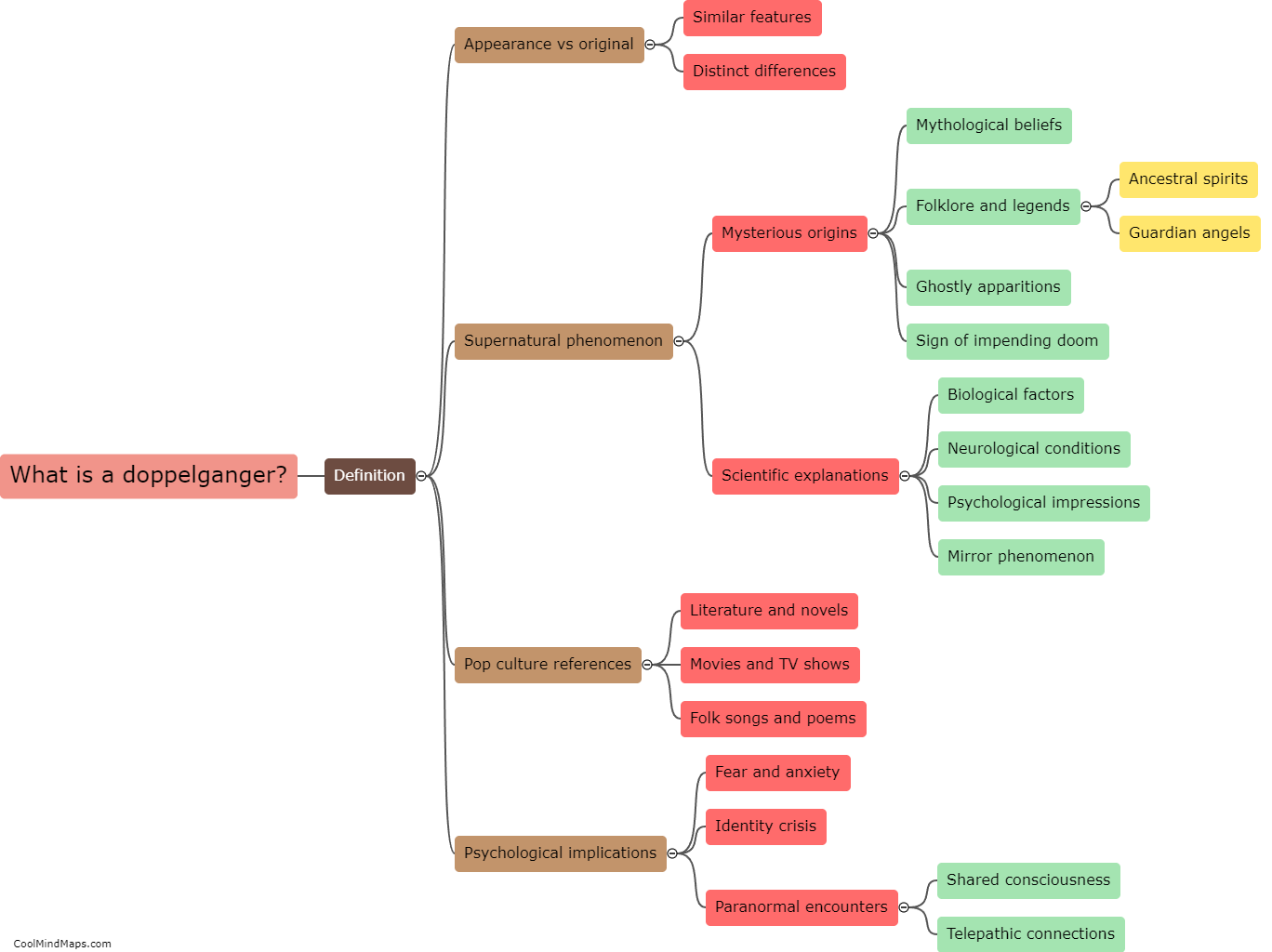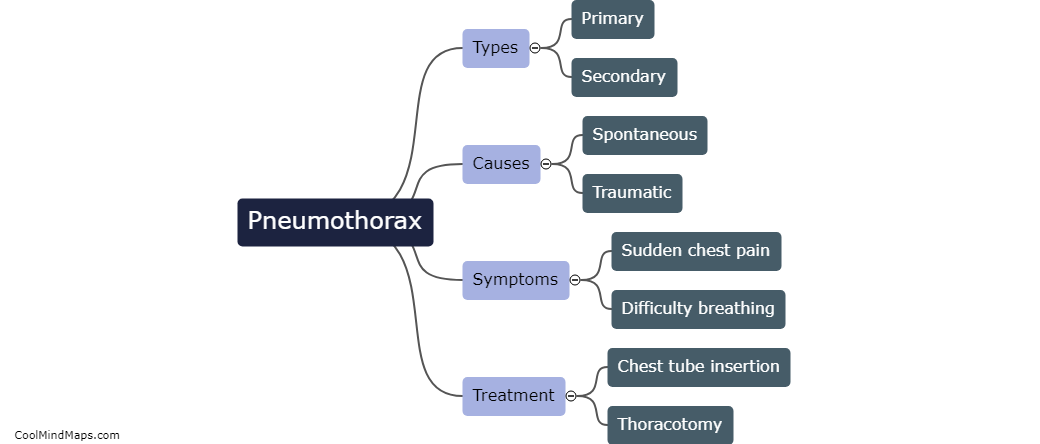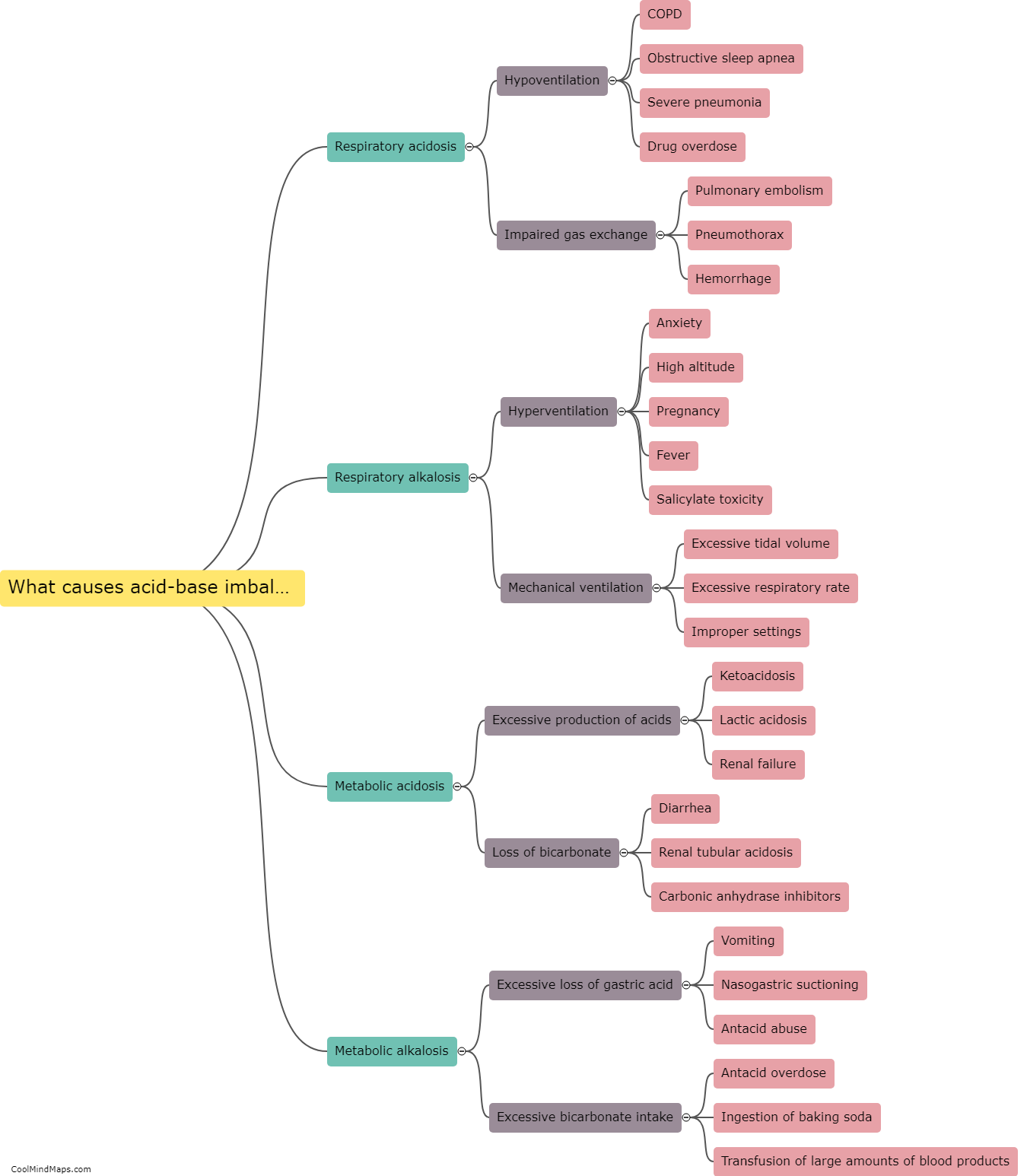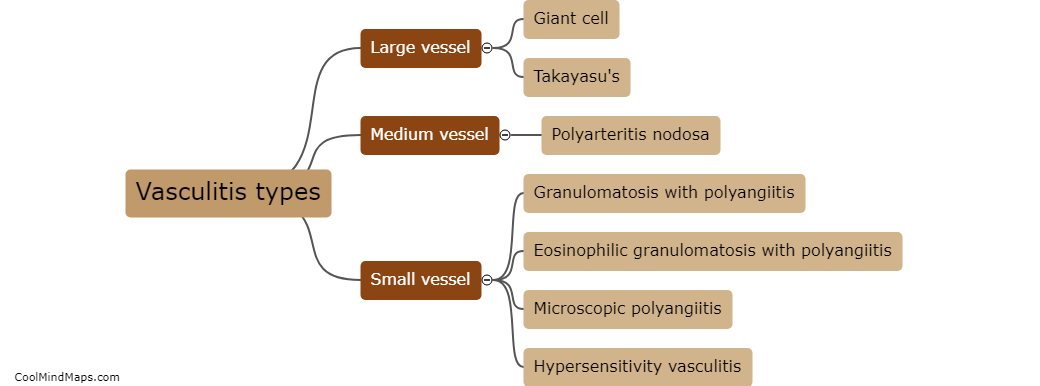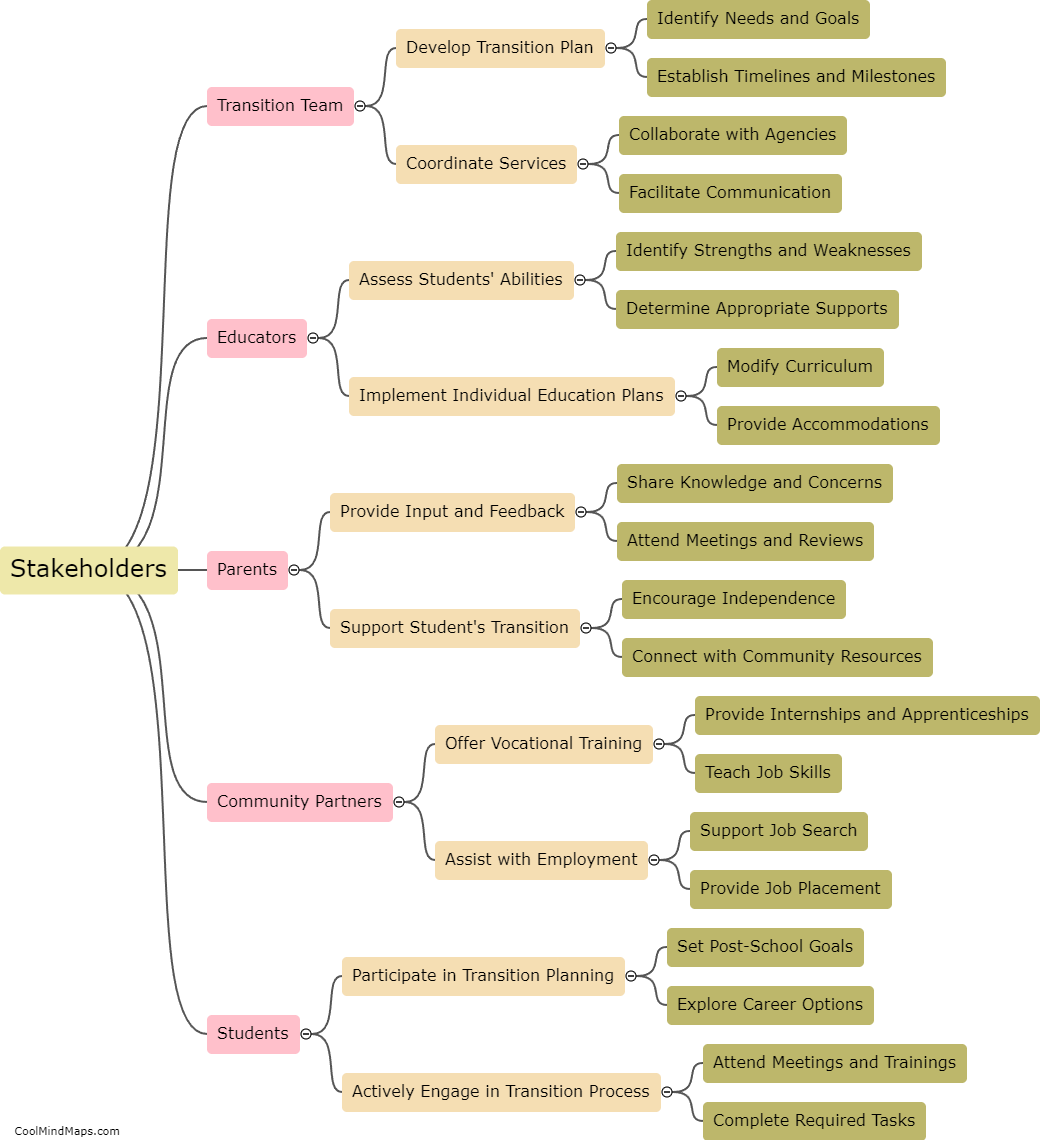How are thyroid diseases classified?
Thyroid diseases are classified based on their underlying causes and the specific changes that occur in the thyroid gland. There are two main categories of thyroid diseases: functional and structural. Functional disorders include hyperthyroidism, where the thyroid overproduces hormones, and hypothyroidism, where the thyroid underproduces hormones. Structural disorders, on the other hand, encompass conditions such as goiter, nodules, and thyroid cancer, which involve physical abnormalities in the size or shape of the thyroid gland. Additionally, thyroid diseases can also be classified as autoimmune, when the immune system mistakenly attacks the thyroid tissue, or non-autoimmune, caused by other factors like medications or radiation exposure. Proper classification is crucial for accurate diagnosis and appropriate management of thyroid diseases.

This mind map was published on 19 July 2023 and has been viewed 149 times.


